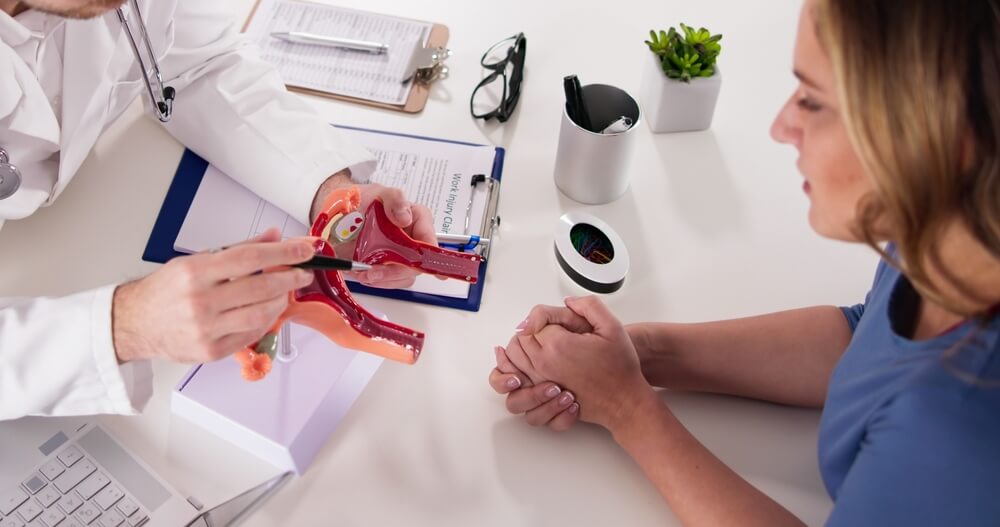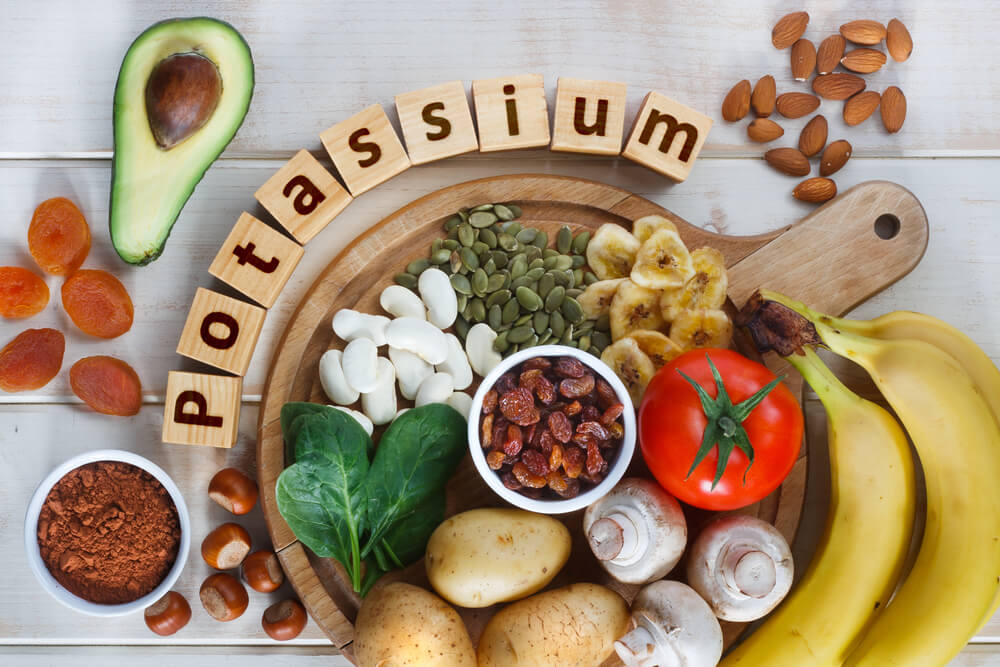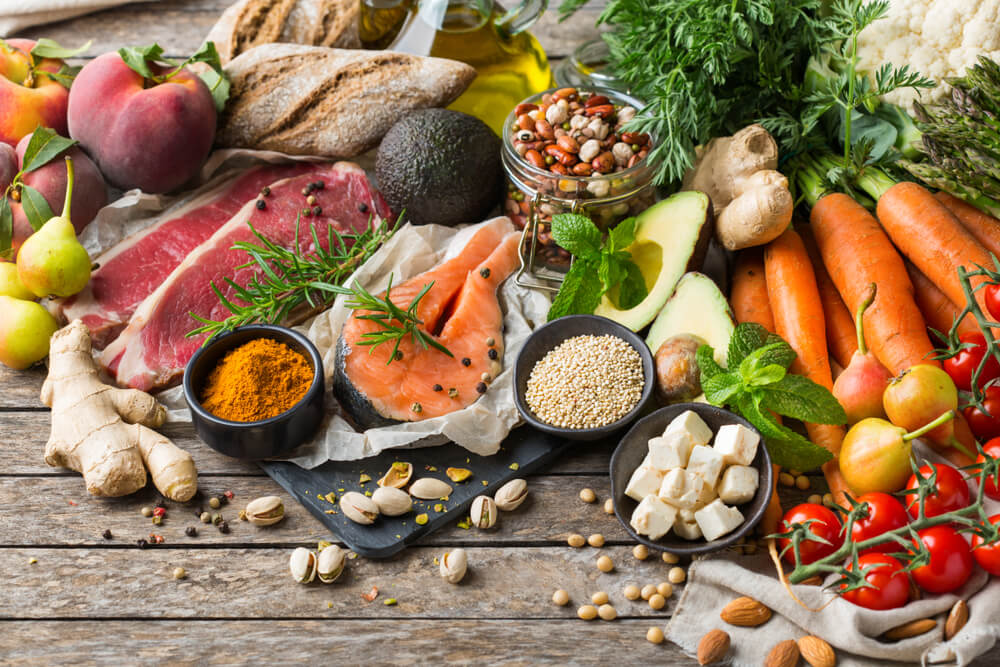Fibroids are something you might not be able to prevent, but there may be a diet with fibroids, which, when coupled with exercise and other lifestyle changes, might make them more manageable.
On the other hand, every gynecologist in Plantation, Florida, will tell you that this would only be the first step in your treatment. And to explore your treatment options, you can always call the experts at Broward Complete OBGYN Center,
And in this article, we’ll get more into the fibroid diet and see whether you can help fibroids shrink naturally with some healthy lifestyle changes.
About Fibroids
Before getting into the fibroids diet, we should talk about fibroids first. These are abnormal growths developing in the uterus, also called leiomyomas and myomas. They aren’t life-threatening but may lead to uncomfortable health problems and complications.
These growths usually form on the uterus wall and may be as tiny as a seed, but in rare cases, they may reach the size of a tennis ball. There may only be one fibroid in some cases, while in others, there can be several.
Currently, experts don’t really know what causes them, but being obese or overweight can increase the associated risk, as does not get enough nutrients.
Expert sources state that around 80% of women will have fibroids in their lifetime. They may cause the following complications and symptoms:
- Anemia
- Constipation
- Pain
- Heavy menstrual bleeding
- Fertility problems
- Miscarriages
Still, it’s important to note that not all women with fibroids have symptoms, and in most cases, there’s no treatment required for them. On the other hand, doctors might recommend waiting and watching the growths to see whether they go away or start growing.
Now, about the diet for fibroids. While foods can’t directly prevent or treat the formation of these growths, eating the right foods and exercising can significantly reduce your risk. A good diet can help balance the hormones that induce the growth of fibroids. There are specific foods that may also help ease some of your symptoms.

Lifestyle Changes, Fibroids, and Diet
As hinted above, several changes you can make may reduce your risk of developing these uterine growths.
Drinking Less Alcohol
Any type of alcohol consumption may increase your risk of developing fibroids. This is because alcohol will hamper your hormone levels and raise the levels of those compounds that are essential for fibroid growth. Furthermore, alcohol may also trigger inflammation.
According to a study, even drinking more than one beer a day can increase fibroid risk in women by around 50%.
Follow A Mediterranean Diet
Cooked vegetables, fish, legumes, and fresh fruit on your plate is never a bad idea. Research suggests that a Mediterranean diet may help you lower your fibroid risk. On the other hand, consuming larger amounts of fatty red meat can actually increase your risk of developing uterine growths.
Get In Vitamin D
According to research, Vitamin D can help reduce the risk of fibroid development by around 32%. While the body can produce this compound on its own when exposed to sunlight, if you live in cooler climates or have darker skin, you may experience vitamin D deficiency.
Fortunately, there are some supplements that are able to raise your vitamin D levels, such as:
- Fortified cereals
- Egg yolks
- Fortified dairy, milk, and cheese
- Fortified orange juice
- Cod liver oil
- Tuna, mackerel, and salmon
Keep Your Blood Pressure In Check
Data shows that a concerningly high number of women with fibroids also have hypertension. And while more research is required to establish a concrete link between high blood pressure and fibroid development, you are always doing yourself a favor if you are actively looking for ways to lower your blood pressure.
On that note, the following strategies may help:
- Monitor your blood pressure daily
- Avoid added salt and limit processed foods high in sodium
- Limit or avoid alcohol
- Keep your weight in check
- Partake in regular exercise
- Increase your potassium intake
- Quit tobacco and avoid secondhand smoke
- Take your prescribed blood pressure medication as instructed
- Visit your doctor for checkups regularly.
Balance Out Estrogen
While estrogen is a crucial hormone in female reproductive health, too much of it may increase your fibroid risks. Apart from following a fibroid diet, experts may also recommend ways to lower your estrogen levels as a part of treatment.
Still, you may lower estrogen in the following ways as well:
- Losing weight
- Avoiding chemicals that disrupt your hormones (like plastics, dyes, paints, pesticides, fertilizers, and more)
Foods To Eat When Dealing With Fibroids
Even though you can’t literally eat foods to shrink fibroids, a balanced diet may help you ease your symptoms. A good fibroids diet, on the other hand, may even help you slow down the growth of fibroids in some cases.
Fiber
Foods rich in fiber can help with losing weight and balancing your hormones. They can also keep blood sugar in check, and as such, they may help slow down or may help prevent the growth of fibroids.
To get the most out of fiber, consider eating the following foods:
- Oats
- Raw and cooked vegetables
- Raw, dried, and cooked fruit
- Whole grain pasta and bread
- Lentils
- Beans
- Barley
- Cruciferous vegetables
Dairy
Include dairy items like yogurt and full-fat cheese in your eating regimen. Dairy is abundant in calcium, phosphorus, and magnesium, which are minerals that can potentially prevent fibroids and impede their growth. Additionally, fortified milk is a good source of vitamin D.
Potassium
Potassium is crucial for counteracting the impact of salt and maintaining balanced blood pressure. Incorporate these potassium-rich foods into your daily diet:
- Tomatoes
- Bananas
- Cantaloupe
- Dates
- Lentils
- Tomatoes
- Avocado
- Collard greens
- Oat bran
- Potatoes
- Citrus fruits

Green Tea
Green tea is rich in antioxidants. The results of a study have found that one antioxidant in particular (epigallocatechin gallate) may help slow down fibroid growth, as they can reduce estrogen and inflammation levels. Green tea may also help with easing the symptoms of heavy menstrual bleeding.
Fibroid Diet: Foods To Avoid
Foods That Increase Estrogen
Certain food items contain natural compounds known as phytoestrogens that mimic the effects of estrogen in the body. On the other hand, some foods either contain added hormones or stimulate the body to produce more estrogen.
While consuming small to moderate amounts of these foods may offer protective benefits, consuming them in excessive quantities can have adverse effects. It is advisable to restrict or avoid the following foods:
- Tofu
- Soy milk
- Soybeans
- Red meat that includes added hormones
- Flax seed
Sugar
Foods filled with sugar and simple carbs may worsen or trigger fibroids. These foods typically spike blood sugar levels, causing the body to produce insulin. Too much insulin in the body can lead to weight gain and may also affect fibroid growth.
As such, make an effort to avoid added sugars and refined carbs such as:
- Maltose
- Dextrose
- Table sugar
- Table sugar
- Corn syrup
- High fructose corn syrup
- Flour, pasta, rice, and white bread,
- Sugary drinks and soda
- Fruit juice
- Crackers
- Potato chips
- Packaged energy bars
In Conclusion
While a balanced diet can’t treat fibroids, it can certainly lower the risk of developing them and may help keep them at bay. If you’d like to learn more about these fibroid diets, consider talking to an expert. More specifically, feel free to schedule an appointment with our compassionate staff, who will be able to give you the guidance needed.


